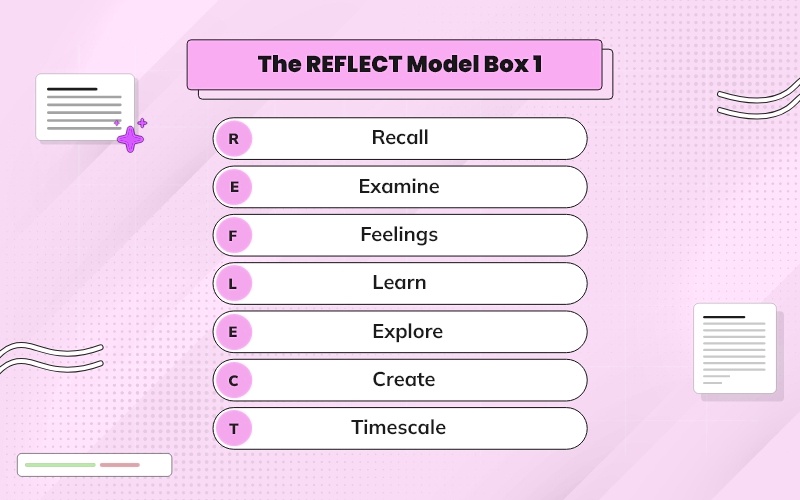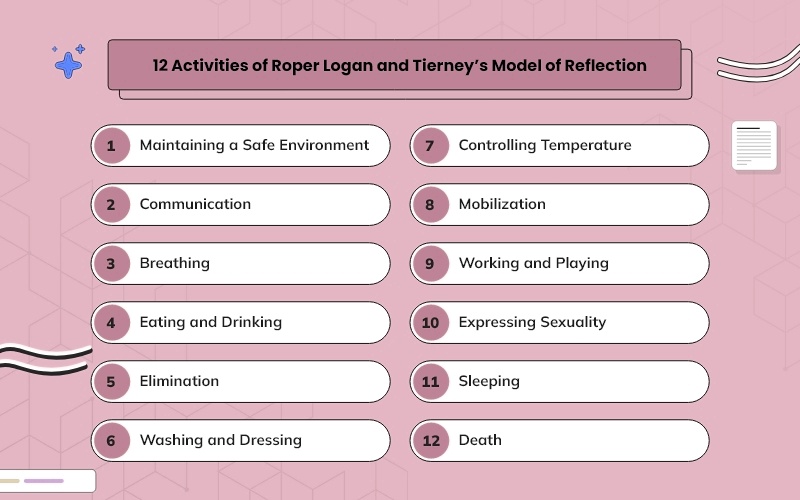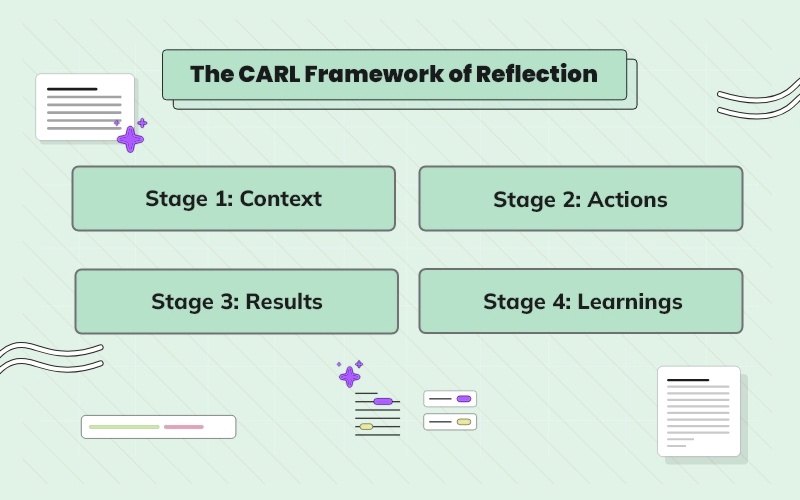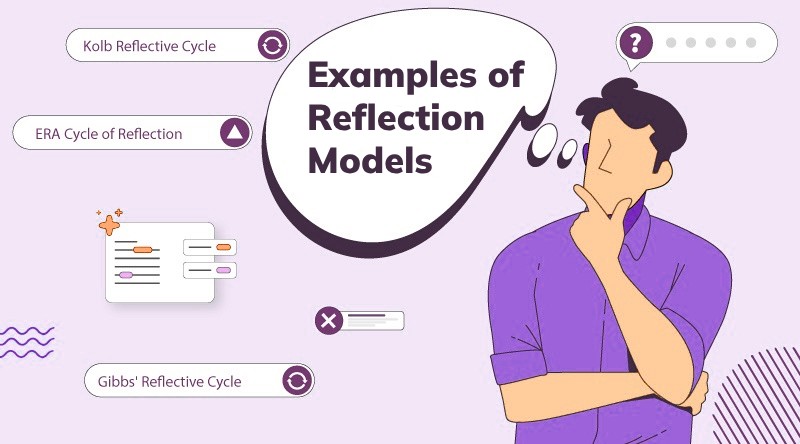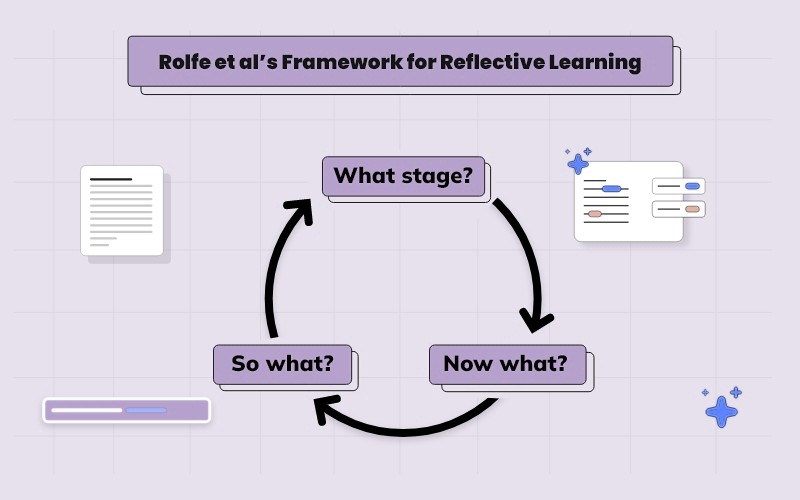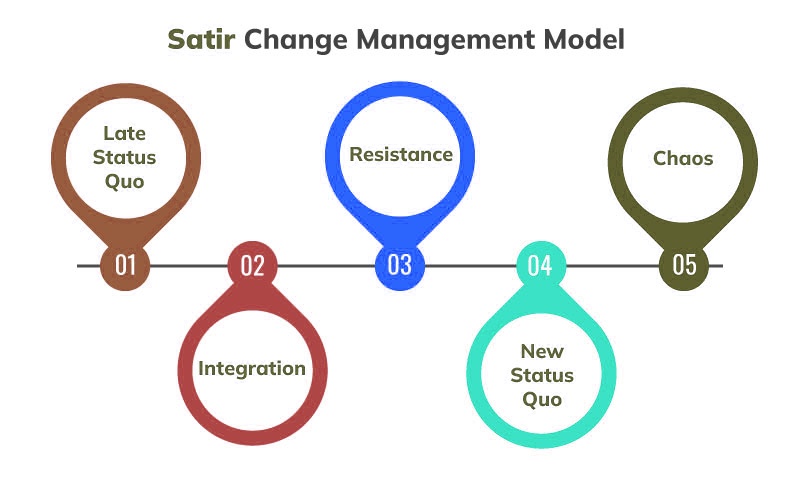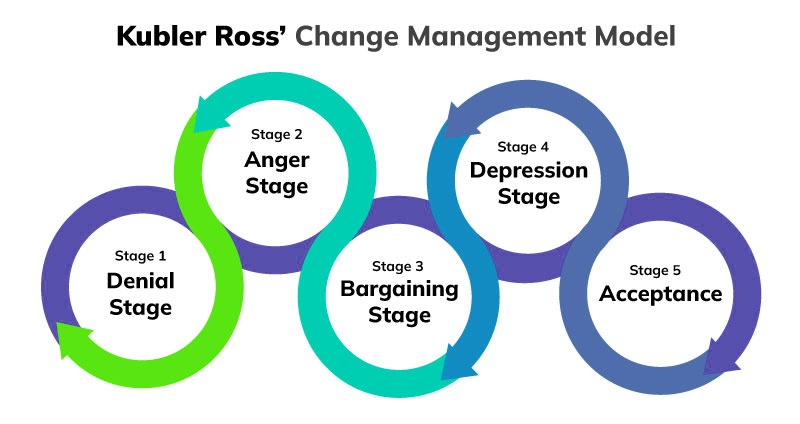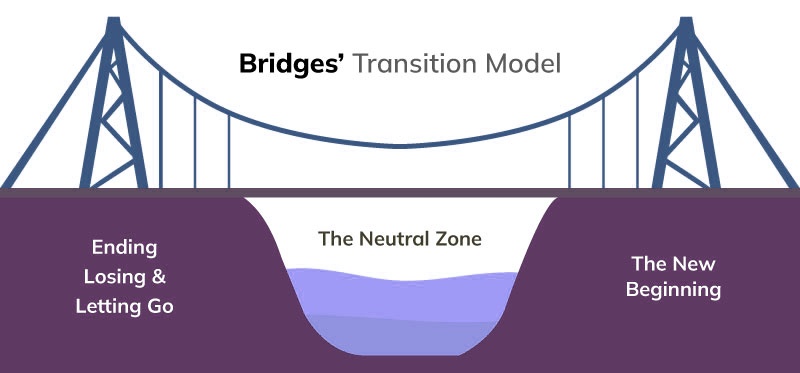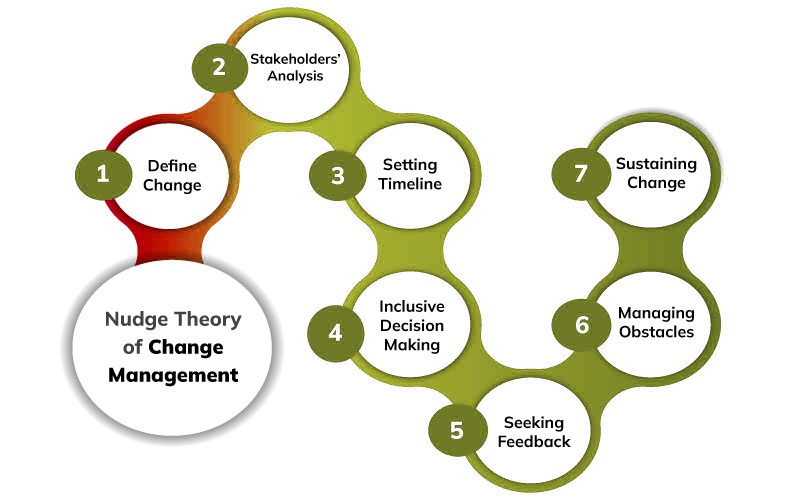Overview
Borton reflective model was developed as a result of Borton’s work as a teacher. This model was developed on the basis of Rolfe et al’s framework developed by Rolfe et al. and the aim behind this model was to support reflection (Skinner & Mitchell, 2016). This model of reflection is based on three questions i.e. what? now what? and so, what? Borton reflective model was also published in the a1970 book “Reach, Touch and Teach”. Borton reflective model is one simple model of reflection that focuses on three questions to help individuals reflect on their experiences and better understand what happened, why it happened, and what can be done to improve things in the future.
Table of Contents
The first stage of this model focuses on a description of the event, the second stage includes a knowledge-building stage, and the third stage is an action-oriented stage of reflection that defines what can be done to improve things and enhance the overall quality of care for patients. This model of reflection is mainly used in clinical settings to reflect on nursing practices, weaknesses, and problems being faced in nursing practices and to prepare an action plan to improve the overall quality of nursing care and resolve various challenges (Skinner & Mitchell, 2016).
Three stages of Borton reflective model
Stage 1: What
The first step in this model of reflection is explaining the context of the situation to the readers. In this stage, you will explain the place, time, and context in which the event occurred. The following questions will help you in writing this section of the reflection.
- What happened?
In this, you will describe the contextual background of the situation you are reflecting upon. - What did you do?
While answering this question, you will highlight your actions during the occurrence of the event. - What was the result of your actions?
After describing your actions to the situation, you will highlight the consequences of your actions. - What do others involve in the situation did?
In this, you will highlight the actions of other people that were involved in the situation. - What was your reaction to it?
In this, you will highlight your reactions to the situation. It can be a positive or a negative reaction.
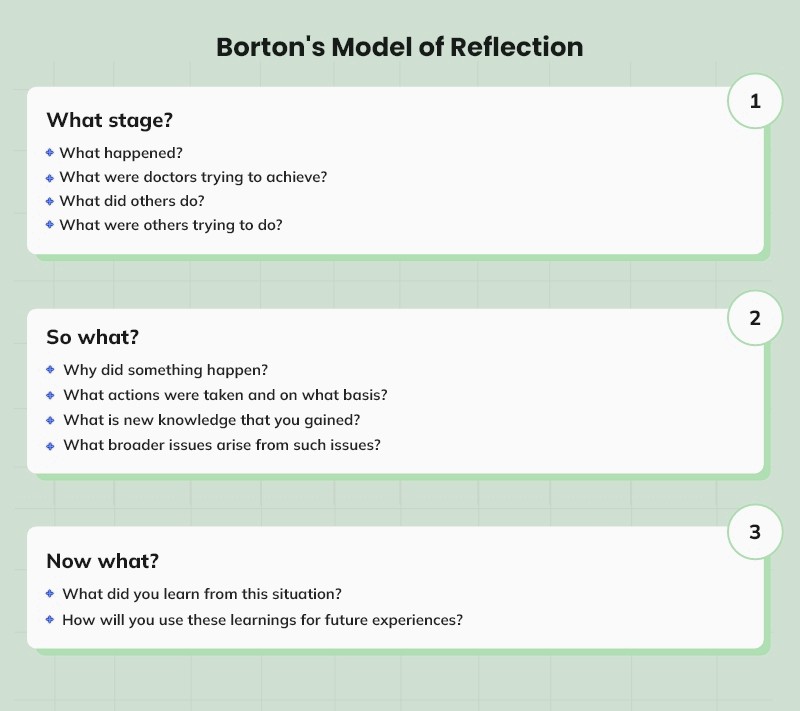
Stage 2: So what?
As said above, this is a knowledge-building stage where you will focus on highlighting your learnings from the situation and contributing to your self-improvement. The questions that can help you in writing this section of reflection are mentioned below.
- So what have you learned from the situation?
In this, you will focus on underlining your learnings from the whole situation. - So what could you have done?
In this, you will highlight the other actions that could have been taken by you and that could have led you to better results. - So what was the importance of this situation for you?
In this, you will highlight the value of this situation in your overall life learnings. - So on what basis did you take your actions?
In this, you will highlight the rationale on which you took the actions in the whole situation. - So what are you thinking about the situation right now?
Lastly, you will highlight your current thinking about the situation you are reflecting on.
Stage 3: Now what?
This is the last stage where you would highlight your future actions based on your learnings from the situation
- Now what have you learned?
In this, you will highlight your various learnings from the situation. - Now what will you do?
In this, you will highlight your future actions if a similar situation comes up again.
Now, we have seen that Borton reflective model is one of the important reflection models that can be used to reflect on a nursing situation. Let us now reflect on a nursing situation using this model.
References
Skinner, M., & Mitchell, D. (2016). “What? So What? Now What?” Applying Borton and Rolfe’s Models of Reflective Practice in Healthcare Contexts. Health And Social Care Chaplaincy, 4(1), 10-19. https://doi.org/10.1558/hscc.v4i1.28972




